The war in Iraq, clearly has not turned out in the way that was hoped
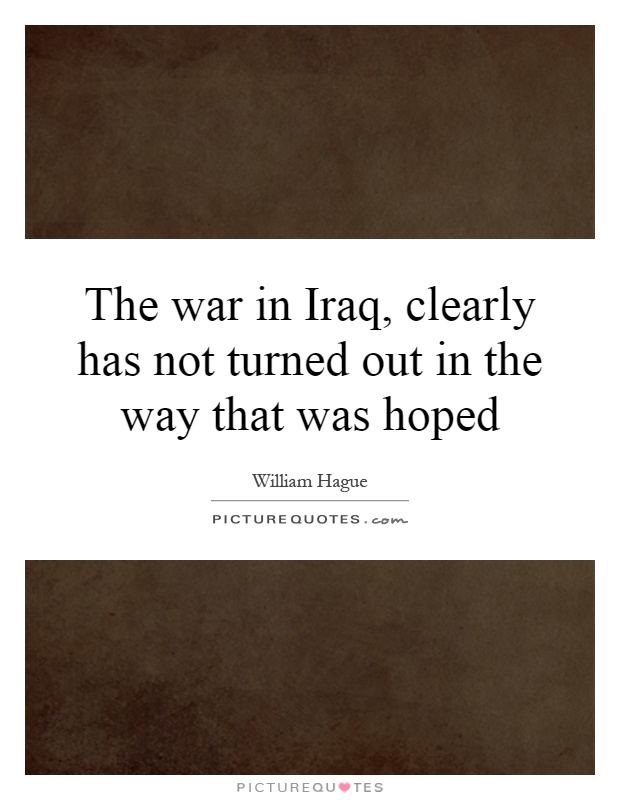
The war in Iraq, clearly has not turned out in the way that was hoped
William Hague, the former British Foreign Secretary, played a significant role in the decision to go to war in Iraq in 2003. At the time, he was a strong supporter of the invasion, believing that it was necessary to remove Saddam Hussein from power and eliminate the threat of weapons of mass destruction. However, as the years have passed, it has become increasingly clear that the war in Iraq did not turn out in the way that was hoped.The invasion of Iraq was based on flawed intelligence that suggested Saddam Hussein possessed weapons of mass destruction. However, no such weapons were ever found, leading to accusations that the war was based on false pretenses. The lack of a clear plan for post-war reconstruction and governance also contributed to the chaos that followed the fall of Saddam Hussein's regime.
The war in Iraq has had far-reaching consequences, both for the region and for the world as a whole. The power vacuum created by the removal of Saddam Hussein allowed for the rise of extremist groups such as ISIS, which have wreaked havoc in Iraq and beyond. The war also strained relations between the United States and its allies, with many questioning the wisdom of the decision to invade Iraq.
William Hague, as a key figure in the decision to go to war in Iraq, has faced criticism for his role in the conflict. While he has defended the decision to invade Iraq as necessary at the time, he has also acknowledged that mistakes were made in the planning and execution of the war. In hindsight, it is clear that the war in Iraq did not achieve its intended goals and has had lasting negative consequences.
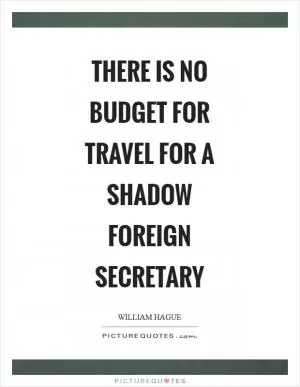
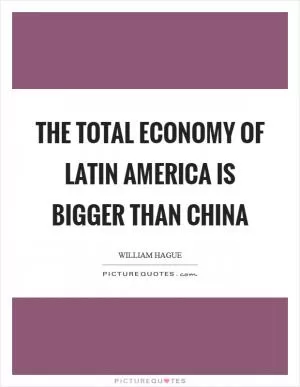

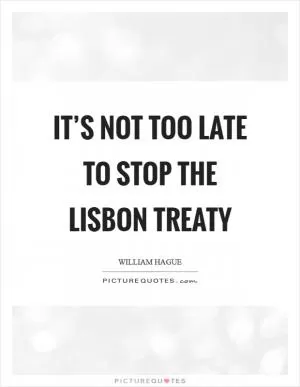
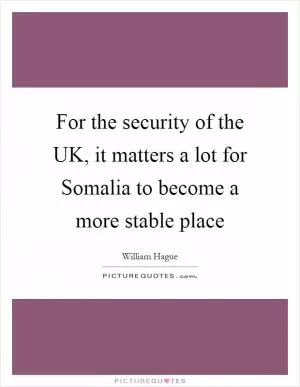
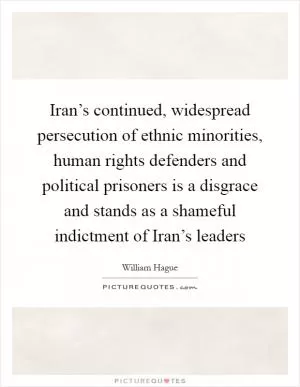
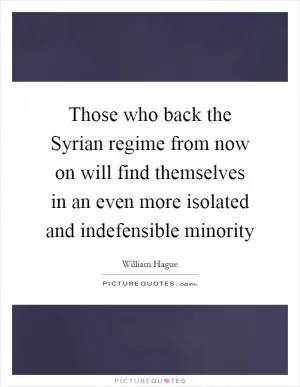


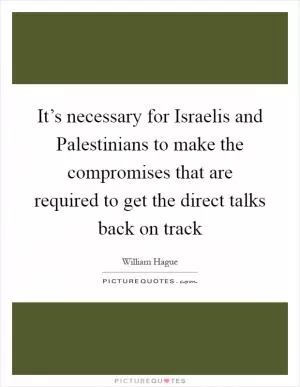
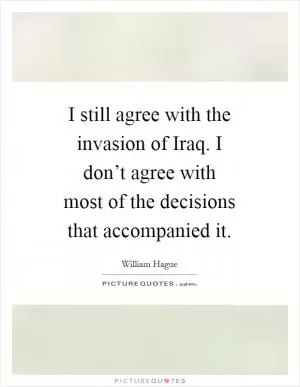
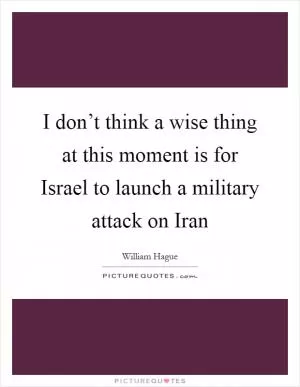
 Friendship Quotes
Friendship Quotes Love Quotes
Love Quotes Life Quotes
Life Quotes Funny Quotes
Funny Quotes Motivational Quotes
Motivational Quotes Inspirational Quotes
Inspirational Quotes